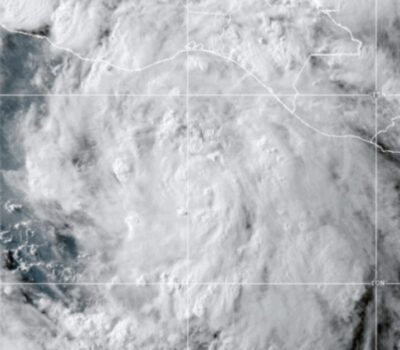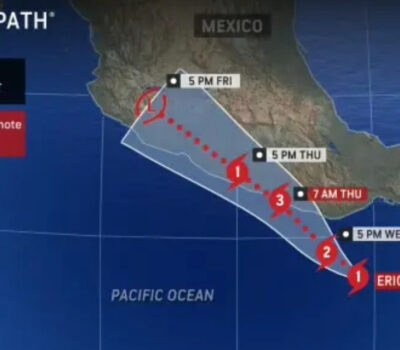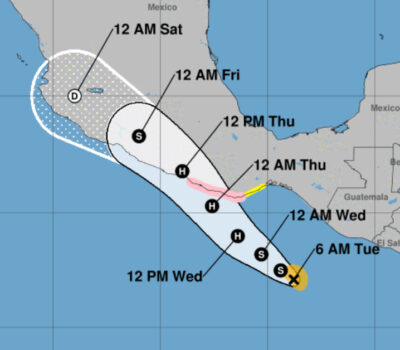Puerto Vallarta, Mexico – The Mexican peso experienced a sharp depreciation against the US dollar this Sunday, dropping from 20.68 pesos per dollar on Saturday to 21.19 pesos per dollar. This sudden fall, amounting to a 2.5% decline, marks one of the most significant currency shifts in recent months and comes in response to a dramatic escalation in trade tensions between the United States, Mexico, and Canada.
The primary catalyst for the peso’s downturn is the announcement by the U.S. government of a 25% tariff on a wide range of products imported from Mexico and Canada. This protectionist measure, reportedly aimed at bolstering domestic industries, has sent shockwaves through financial markets and cast uncertainty over North American trade relations.
US President Donald Trump, who began his second term on January 20, 2025, announced on Saturday, February 1, 25% tariffs on imports from Mexico and Canada. This decision comes as part of what Trump has called a “national emergency” related to the trafficking of fentanyl (a deadly opioid) and illegal immigration into the United States. The tariffs will take effect on Tuesday, February 4 at 05:01 GMT.
Trump justified the move on social media, arguing that the United States has “big trade deficits” with Mexico, Canada, and China and that it will not continue to be the “Stupid Country.” Although he acknowledged that these measures could cause “some pain” to Americans, he said this would be the “golden age” of the United States.
Economic and Trade Implications
Financial analysts warn that the tariffs could negatively impact critical sectors of Mexico’s export-driven economy, including automotive manufacturing, agriculture, and electronics. These industries rely heavily on cross-border trade under the United States-Mexico-Canada Agreement (USMCA), which was intended to facilitate seamless commerce among the three nations.
“The imposition of such steep tariffs undermines the principles of the USMCA and introduces significant trade friction,” said Laura Sánchez, a financial analyst at Grupo Financiero Banorte. “We anticipate further market volatility and potential economic contraction if these tariffs are not lifted swiftly.”
In addition to currency depreciation, Mexican export companies are likely to face increased costs and reduced competitiveness in the U.S. market, their largest trading partner.
Market Reaction
The peso’s decline reflects heightened investor concerns. Stock markets in Mexico are expected to open under pressure on Monday, with companies that heavily depend on exports likely to see declines in share value.
“The uncertainty generated by the tariffs has prompted investors to seek safer assets, causing a sell-off of the peso,” said Carlos Montoya, a currency trader at BBVA Mexico. “We may see further depreciation if the trade conflict escalates.”
Political Response
The Mexican government swiftly condemned the U.S. tariffs, calling them “unjustified and harmful to regional economic stability.” In a statement, the Secretary of Economy emphasized Mexico’s commitment to dialogue and diplomacy to resolve the dispute.
Meanwhile, Canadian officials also expressed concern, signaling that they would coordinate with Mexico to negotiate a resolution with the U.S.
Consumer Impact
The tariffs and resulting peso depreciation are likely to have immediate consequences for Mexican consumers. Imported goods, especially those priced in dollars, are expected to become more expensive, contributing to inflationary pressures.
“This is bad news for Mexican households,” said economist Fernanda López. “Rising import costs and currency instability typically translate to higher prices for everyday goods.”
Puerto Vallarta, Mexico - The Mexican peso experienced a sharp depreciation against the US dollar this Sunday, dropping from 20.68 pesos per dollar on Saturday to 21.19 pesos per dollar. This sudden fall, amounting to a 2.5% decline, marks one of the most significant currency shifts in recent months and comes in response to a dramatic escalation in trade tensions between the United States, Mexico, and Canada.












